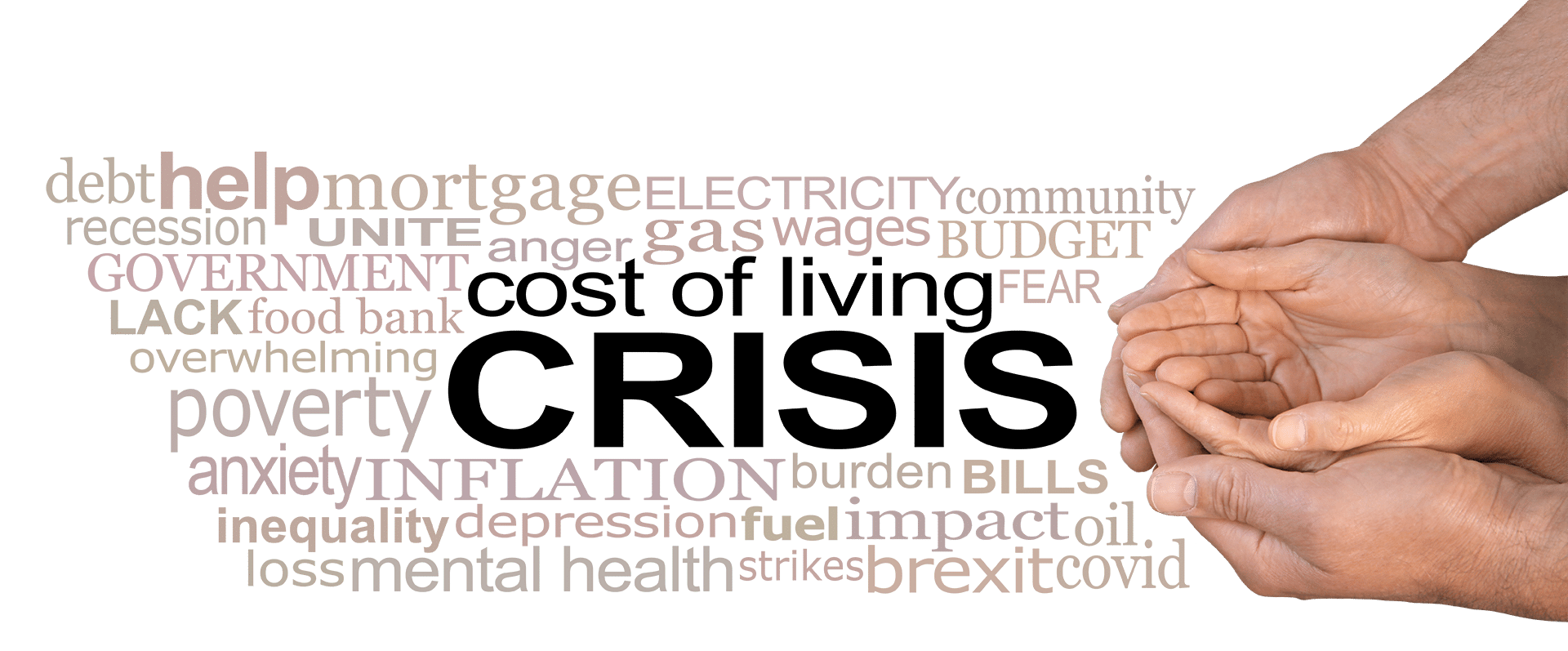
5 Hacks to Stay on Top of Bills and Save Money
Managing bills and saving money can often feel overwhelming, but with the right strategies, it can become much more manageable and enjoyable. By implementing these five hacks, you can stay on top of your bills and save money without sacrificing your financial stability.
Firstly, create a budget and stick to it. This involves tracking your income and expenses, categorizing them, and setting limits for each category. By doing so, you will clearly understand where your money is going and can identify areas where you can cut back and save.
Secondly, automate your bill payments. Set up automatic payments for your recurring bills to avoid late fees and missed payments. This helps you stay organized and saves time and effort in physically paying each bill individually.
Thirdly, consider negotiating with your service providers. It's worth contacting your internet, cable, and insurance providers to see if you can negotiate lower rates or discounts. Many companies are willing to work with loyal customers and find a solution that benefits both parties.
Fourthly, take advantage of loyalty programs and rewards. Many credit cards and retail stores offer rewards programs that can help you save money on future purchases. By being mindful of these programs and utilizing them strategically, you can stretch your budget further and enjoy additional perks.
Lastly, regularly review your bills and subscriptions. Over time, it's easy to accumulate unnecessary expenses, such as forgotten subscriptions or unused services. Reviewing and cancelling any services or subscriptions you no longer need can free up some extra cash and avoid unnecessary expenses.
By implementing these five hacks, you can stay organized, on top of your bills, and save money simultaneously. Financial stability and savings are well within reach with a little planning and effort.

Streamline Your Finances: Tips for Managing Bills and Money
Managing bills and money can often be daunting, but with the right strategies and techniques, it is possible to streamline your finances and take control of your financial well-being.
The first step towards achieving financial stability is by creating a budget. Start by examining your income and expenses to determine how much you can allocate towards bills, savings, and discretionary spending. It is important to prioritize your bills, ensuring that essential expenses such as rent, utilities, and debt payments are addressed first.
Automating bill payments is another effective method to streamline your finances. By setting up automatic payments, you can avoid late fees and ensure that your bills are paid on time. Additionally, consider consolidating your debt to simplify your finances. Consolidating multiple debts into one loan can help you manage repayments more efficiently and potentially lower your interest rates. Keeping track of your expenses is crucial for effective money management. Utilize mobile apps or budgeting software to monitor your spending habits and identify areas where you can cut back.
Finally, make it a priority to build an emergency fund to handle unexpected expenses. Saving a portion of your monthly income can provide a financial safety net and reduce the need for credit in emergencies.
By implementing these tips, you can streamline your finances, reduce stress, and achieve a more secure financial future.
Discover the Best Apps for Managing Bills and Budgeting Goals
In today's fast-paced world, staying on top of our finances has never been more important. Thankfully, technology has provided us with a plethora of tools to help manage our bills and budgeting goals more efficiently. By utilizing the best apps available, individuals can take control of their financial lives and achieve their monetary aspirations.
One of the top apps in this realm is Mint. Known for its user-friendly interface and comprehensive features, Mint allows users to track their expenses, create budgets, and receive personalized financial insights. With its automatic transaction categorization, bill tracking, and credit score monitoring, Mint stands out as an all-in-one solution to effectively manage bills and financial goals.
Another popular choice is YNAB (You Need A Budget). This app focuses on detailed budgeting and encourages users to allocate their income towards specific goals. By assigning every dollar a designated purpose, YNAB helps individuals establish healthy financial habits and reduce debt. Additionally, its proactive approach to expense tracking and goal setting ensures that users stay on track towards their financial objectives.
For those seeking a more visually appealing experience, PocketGuard delivers stunning visuals and intuitive navigation. Alongside its budgeting tools, PocketGuard provides real-time spending tracking, enabling users to make informed financial decisions on the go. It also offers a unique feature called "In My Pocket," which calculates how much disposable income users have left after accounting for bills and other commitments.
In conclusion, the best apps for managing bills and budgeting goals bring a sense of financial control and peace of mind. Whether it's through Mint's overall comprehensive approach, YNAB's focus on detailed budgeting, or PocketGuard's visually appealing interface, these apps empower individuals to take charge of their finances and achieve their desired financial outcomes. By embracing these tools, users can make informed financial decisions, reduce debt, and ultimately secure a prosperous future.
Maximize Savings and Prioritize Spending with Separate Pots and Smart Meters
Managing personal finances can be overwhelming in today's fast-paced and ever-changing world. However, by utilizing separate pots and smart meters in our financial planning, we can maximize savings and prioritize spending like never before. The concept of separate pots involves dividing our finances into different categories or pots, making it easier to track and manage our expenses effectively. By creating pots for different aspects of our lives, such as groceries, utilities, entertainment, and savings, we can clearly understand where our money is going and make informed decisions about where to cut back or allocate funds. This approach allows for a more conscious and intentional approach to spending, ensuring that our financial goals are prioritized.
On the other hand, smart meters bring a whole new level of efficiency and accuracy to monitoring our utility usage. By installing these intelligent devices, we can monitor our real-time electricity, water, and gas consumption. This not only helps in identifying areas where wastage is occurring but also facilitates better budgeting and cost-saving strategies. By having access to accurate and up-to-date information on our energy consumption, we can adjust our usage patterns, reduce unnecessary expenses, and ultimately optimize our savings.
Combining the power of separate pots and smart meters revolutionizes how we approach personal finance. It allows us to align our spending habits with our financial goals, drive more informed decision-making, and ultimately achieve greater control over our finances. By utilizing these tools effectively, we can prioritize spending where it matters most and maximize our savings for a more secure financial future.
Essential Budgeting Tips for Effective Bill Management and Financial Stability
Creating and maintaining a budget is crucial for effective bill management and financial stability. By following some essential budgeting tips, individuals can clearly understand their financial situation and make informed decisions.
Firstly, tracking expenses is an important step in budgeting. It is essential to record all expenditures, including fixed bills such as rent or mortgage payments, utilities, and insurance, as well as variable expenses like groceries, dining out, and entertainment. This helps in identifying areas where spending can be reduced or eliminated.
Secondly, prioritizing bills is vital. One should ensure that priority bills, such as rent or mortgage payments, utilities, and loan payments, are paid first to avoid late fees or penalties. Additionally, it is essential to allocate funds for savings and emergency expenses. By setting aside a portion of income for savings, individuals can build a safety net for unexpected situations.
Another crucial tip is to review and negotiate bills regularly. This involves analyzing bills for any errors or overcharges and negotiating with service providers for better rates or discounts.
Additionally, it is important to reevaluate and adjust the budget periodically as circumstances change. A budget is a living document that should be flexible and adaptable to changing financial situations. By following these essential budgeting tips, individuals can effectively manage their bills, achieve financial stability, and work towards long-term financial goals.
